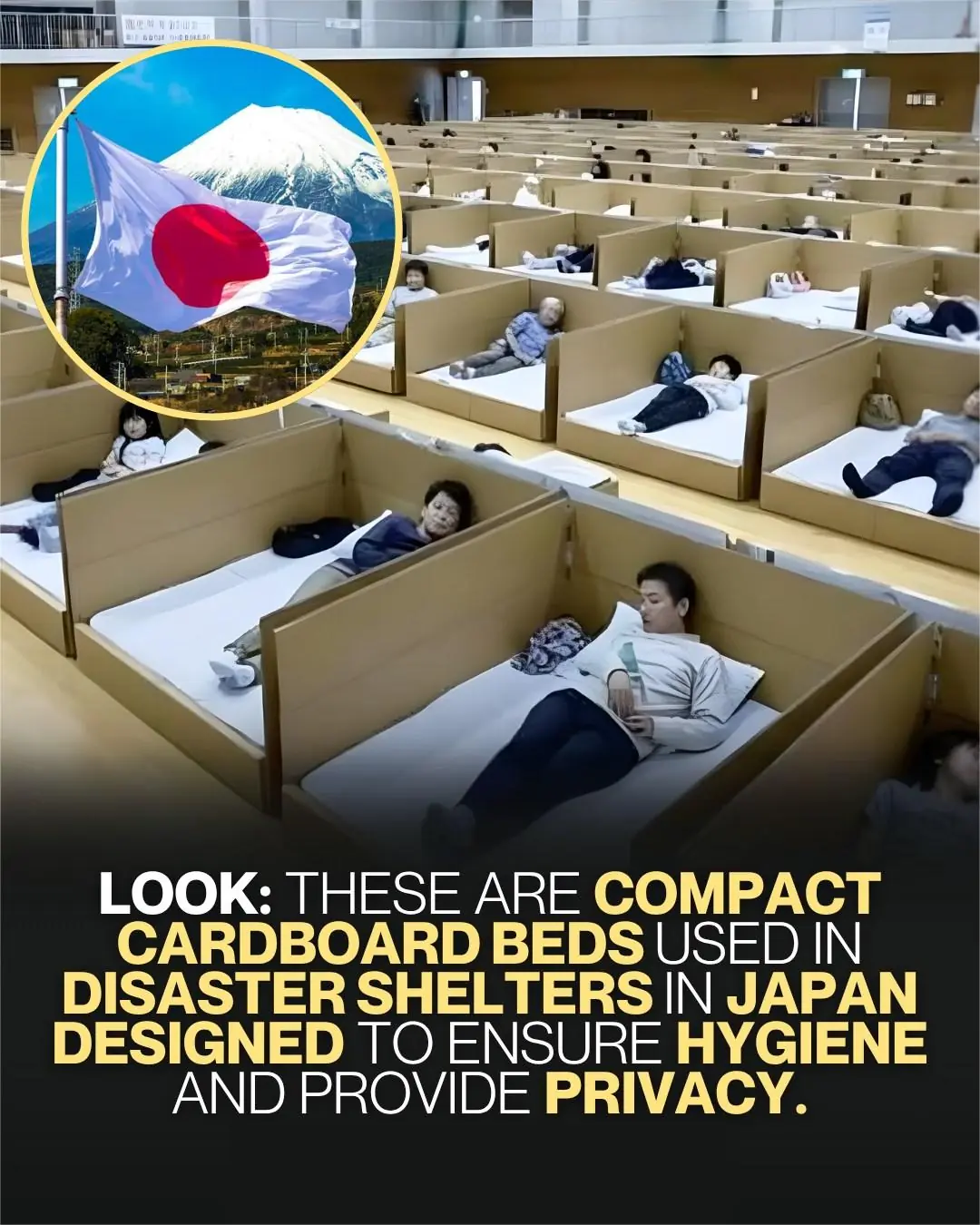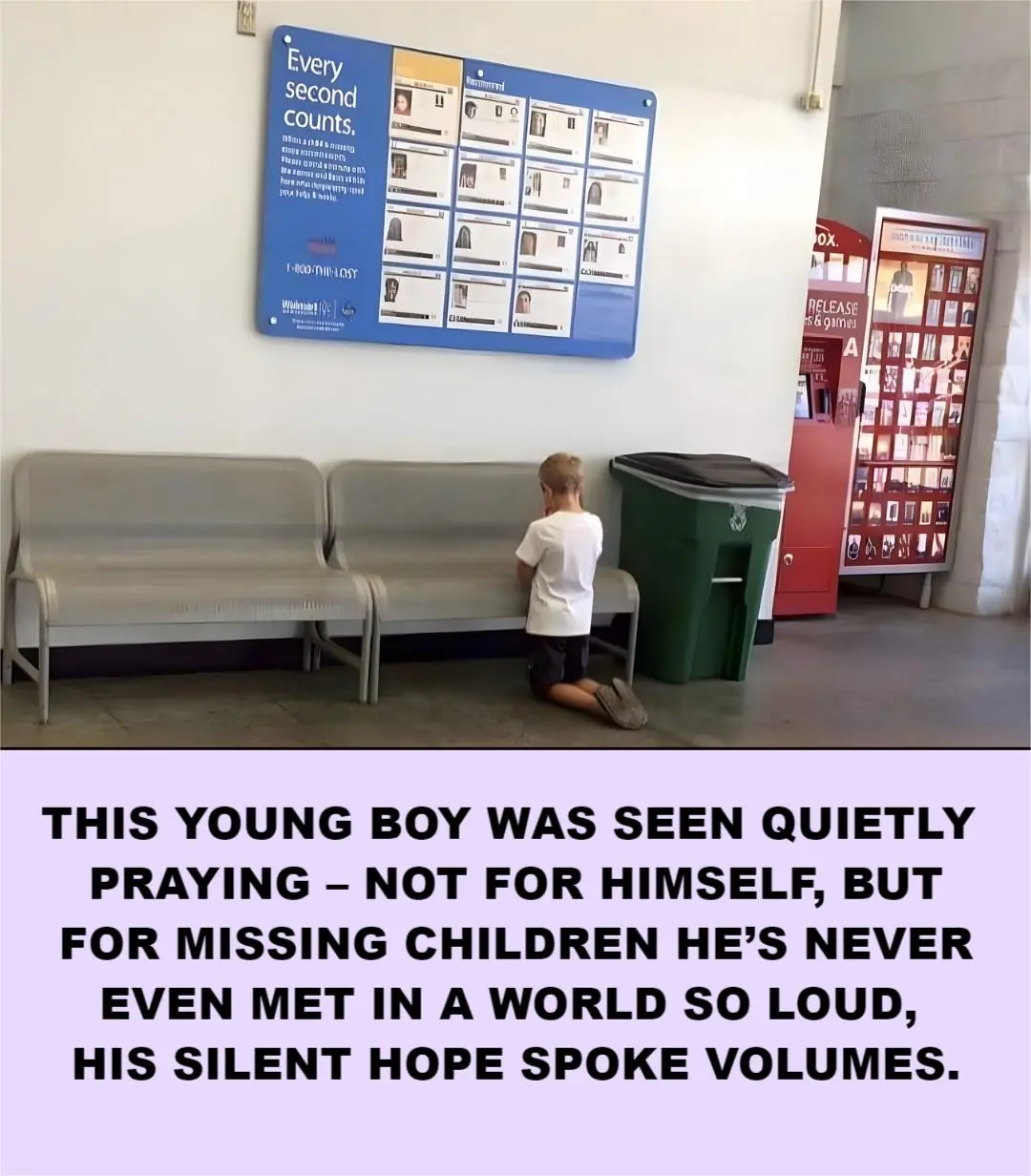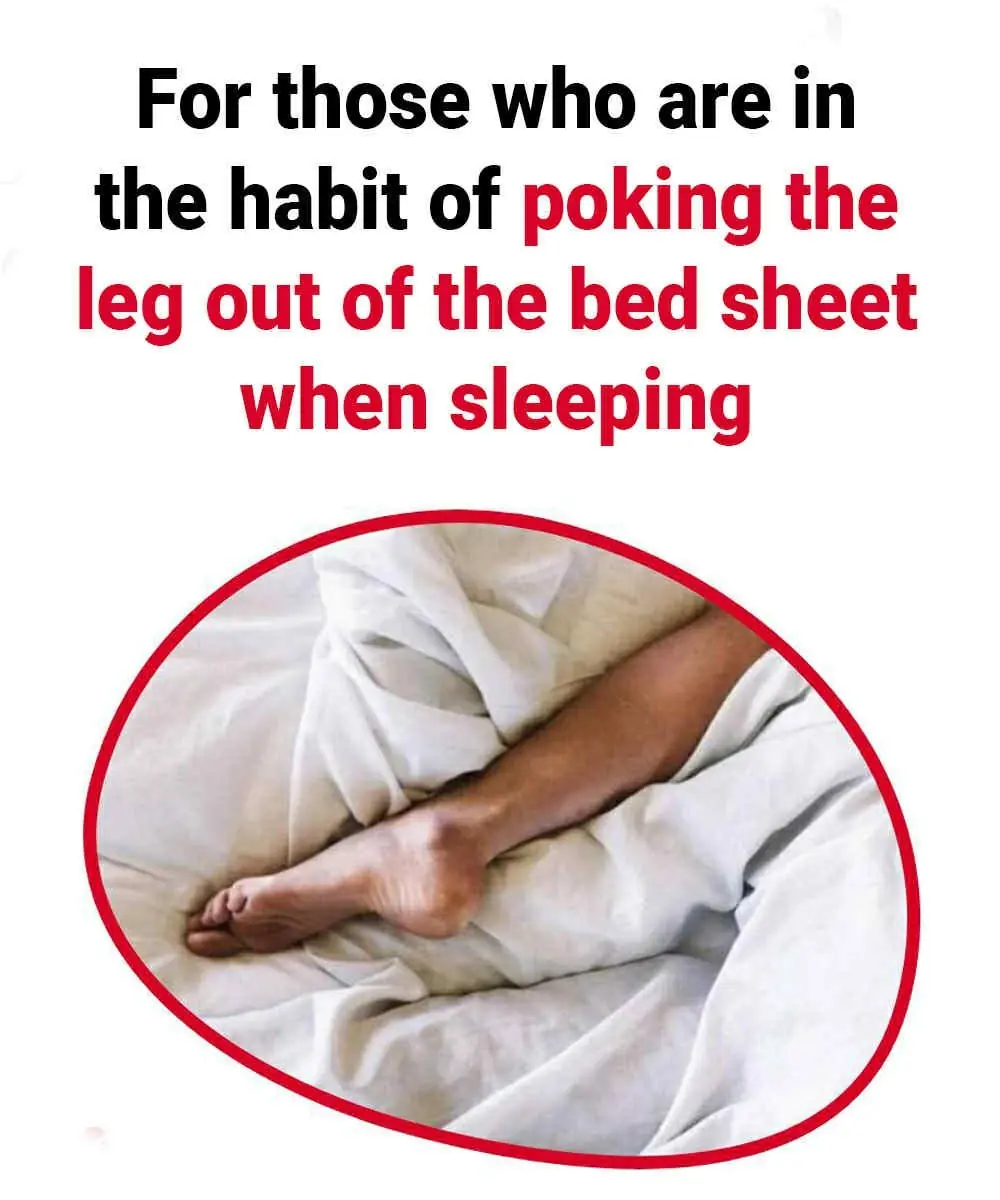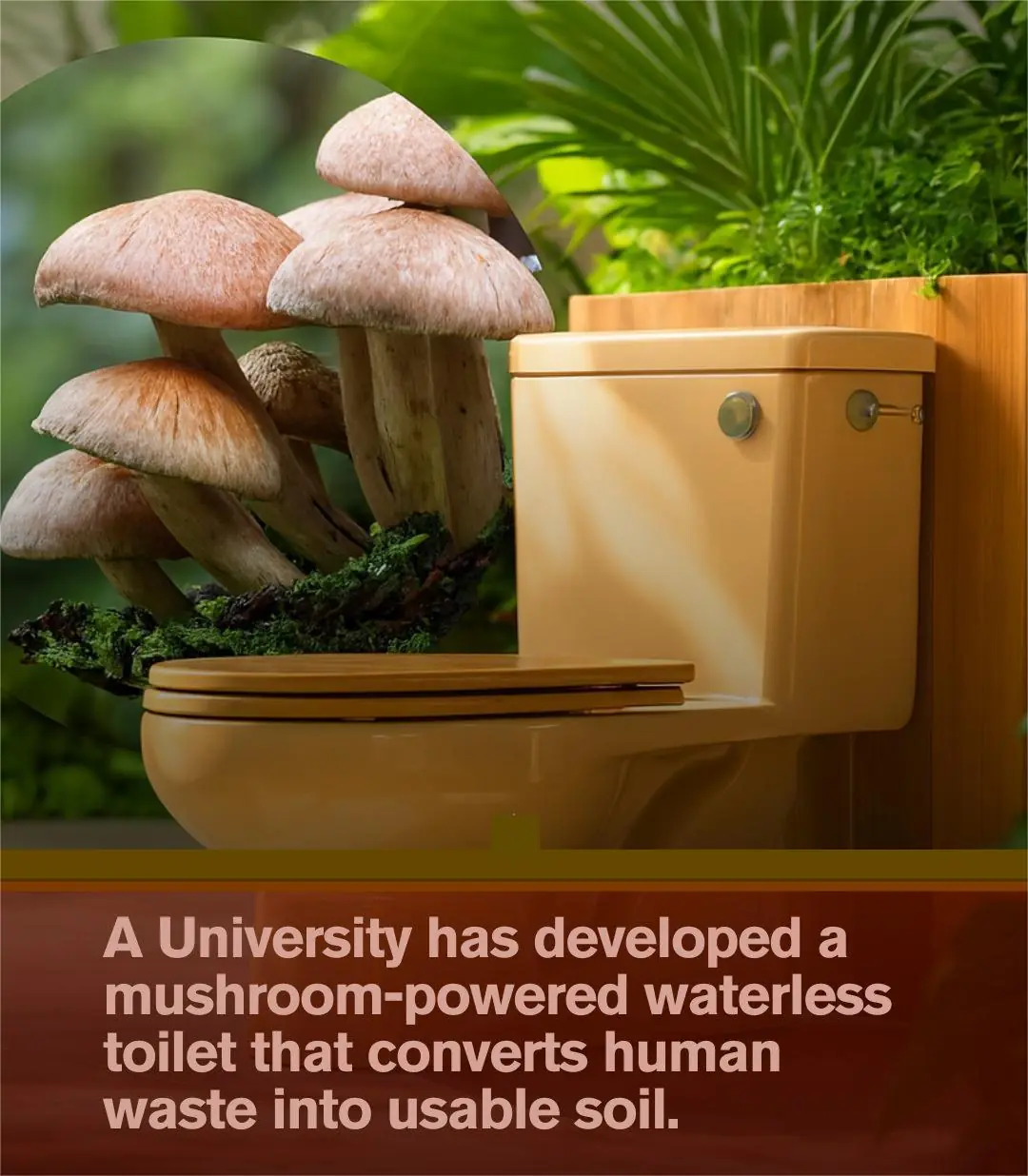
Japan’s Ingenious Cardboard Beds: Dignity and Design in Times of Disaster
In Japan, even disaster relief reflects a deep sense of dignity, organization, and care. When natural disasters strike — whether earthquakes, floods, or typhoons — evacuees don’t sleep on cold, hard floors. Instead, they rest on compact cardboard beds, an innovative solution that combines comfort, hygiene, and humanity.
Designed for Dignity and Safety
These cardboard beds are made from thick, durable recycled paperboard — strong enough to support an adult’s weight yet lightweight and easy to assemble. Each unit can be folded and set up in minutes, transforming empty gymnasiums or shelters into organized sleeping spaces.
By keeping people off the ground, these beds help prevent cold exposure, back pain, and infection — particularly during long evacuations. They also play a vital role in reducing the spread of diseases by improving hygiene and personal separation in crowded conditions.
Privacy and Humanity in Crisis
Many of the designs include cardboard partitions, creating small private zones within shared spaces. For families, this brings a rare sense of security and comfort amid the chaos of disaster relief. It’s not just about sleeping; it’s about maintaining a sense of normalcy and self-respect when life feels uncertain.
These thoughtful details reflect Japan’s long-standing philosophy that disaster preparedness isn’t only logistical — it’s also emotional and social.
Eco-Friendly and Culturally Rooted Innovation
The idea of cardboard beds gained global attention thanks to Japanese architect Shigeru Ban, who pioneered the use of recyclable materials in emergency architecture. His designs, which have been used in shelters around the world, demonstrate how sustainability can meet humanitarian need.
The materials are fully recyclable, reducing environmental impact once relief operations end. Japan’s use of such designs stands as a model for eco-conscious innovation — proof that compassion and practicality can coexist beautifully.
A Lesson in Thoughtful Design
Japan’s disaster shelters show that true innovation isn’t just about technology or engineering — it’s about empathy. These cardboard beds, though simple in appearance, embody a culture of respect for human life and dignity.
They remind the world that in times of crisis, the smallest comforts — a bed, a divider, a little privacy — can mean everything.
News in the same category


Olympic Medal Turned Into a Miracle: The Selfless Act of Maria Andrejczyk

A Little Boy’s Silent Prayer That Touched the World

Bullied 7-Year-Old Boy Finds a Kindred Spirit in Cat With the Same Rare Conditions

Single Dad in Thailand Dresses as Mom to Support His Daughter

Man With Facial Disfigurement Asked to Leave Restaurant Before Sitting Down

She Had 43 Cosmetic Procedures To Become A Barbie Doll – Critics Say She Looks Like A ‘Zombie’

She believed it was just an ordinary photo — but zooming in revealed a shocking truth that turned her world upside down

Newly married couple tragically discovered dead in their car just weeks before celebrating their first anniversary

Sleeping Trick? Why Sticking One Foot Out Actually Works

Two best friends died hand in hand in an accident right before prom night

Divorce warning signs you might be ignoring

🌱 UBC Scientists Develop the World’s First Mushroom-Powered Waterless Toilet

Elon Musk: Building a Thriving Mars Colony Means 100,000 People, 1 Million Tons of Cargo and a Mission Beyond Just Arrival

October 21: Rare Green Comet Meets Orionid Meteor Shower in a Double Cosmic Spectacle

Indian Engineers Win Ig Nobel Prize for UV Shoe Rack That Kills Bacteria and Eliminates Odor

Nobel Prize 2025: Breakthrough Discovery Reveals How the Immune System Knows When to Stop Attacking Itself

GE’s Haliade-X: The World’s Most Powerful Wind Turbine Revolutionizing Clean Energy

Google Grants a Special Birthday Wish from a Little Girl
News Post

WHAT HAPPENS WHEN WE TONGUE KISS…See more

Nature’s Secret: 4 Healing Leaves That Support Metabolism, Immunity & Circulation Naturally

Don’t Drink Coconut Water Before You Know These 11 Secrets!

Pumpkin Seed Milk — The Natural Parasite Cleanser

Fast Rice Water Trick for a Brighter Smile

Morning Drink to Revive Your Kidneys Fast

The Onion Recipe That Could Transform Your Blood Sugar, Support Cleaner Arteries, and Protect Your Heart!

Top 4 Fruits That Help Your Kidneys Flush Out Toxins While You Sleep

Ginger, Clove, and Honey: The Natural Trio Your Body Will Thank You For

Heal 15 Years of Joint Pain Naturally with Turmeric and Honey Tea

This Juice Revived My Grandma’s Energy — Say Goodbye to Fatigue and Body Pain with This Natural Recipe

The Benefits of Eating 2 Boiled Eggs Every Morning: Transform Your Health!

If Your Kidneys Are in Danger, Your Body Will Send You These 8 Signals — Don’t Ignore Them

The Surprising Effects of Avocado on Your Heart and Brain

Ways to Get Over a Man Who Didn’t Value You

I’m 66 but Look 36 — My Secret? Aloe Vera & Ginger for Firm, Smooth Skin

How to Make Okra Water to Treat 17 Health Problems Naturally

Banana and Egg Mask to Look Younger Even in Your 80s

Scent Leaf Secrets Unveiled: 10 Surprising Health Benefits of This Miracle Herb
